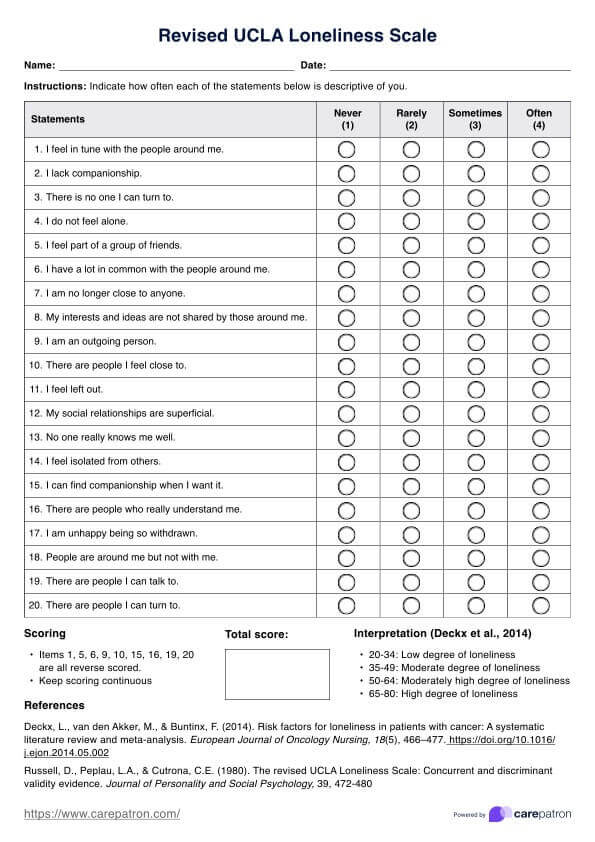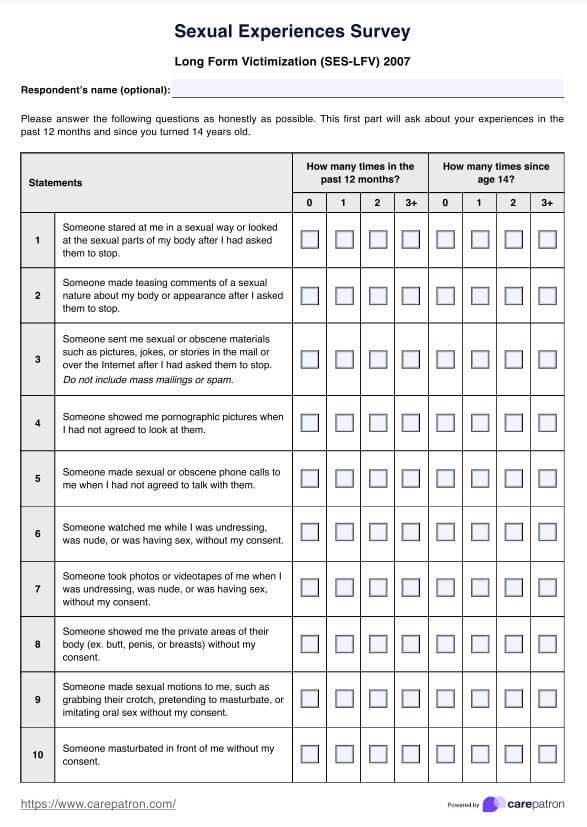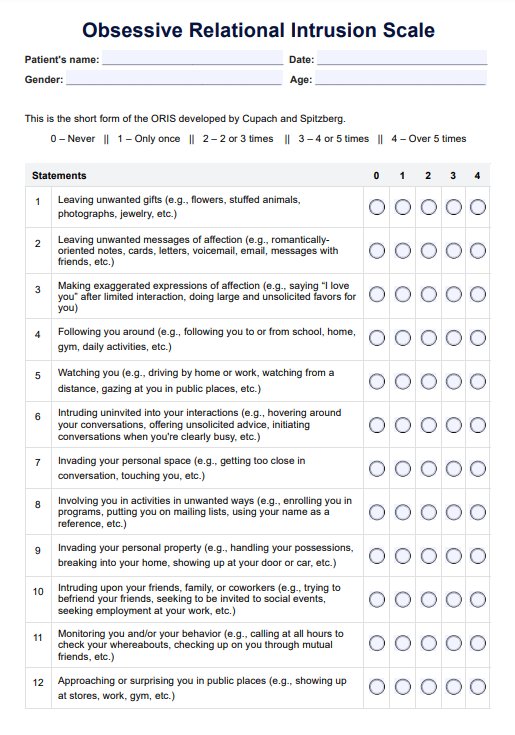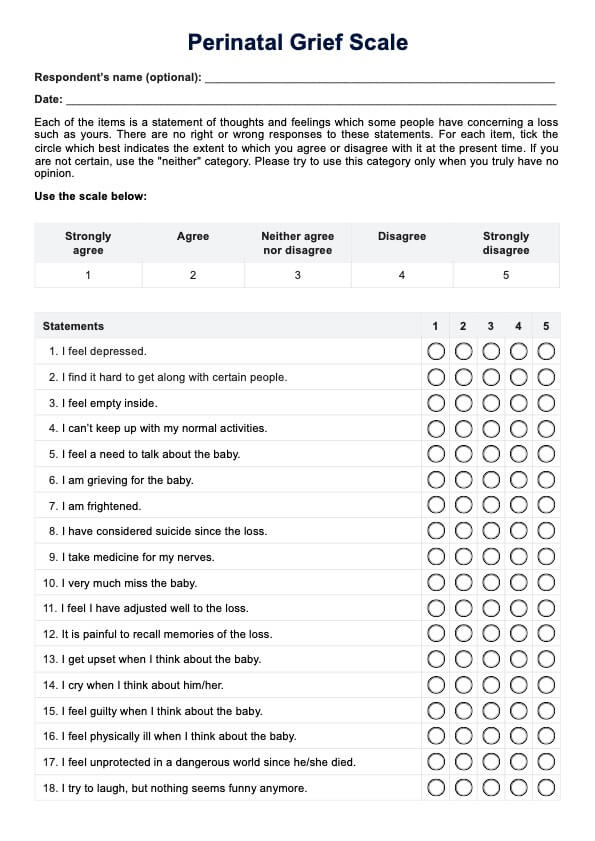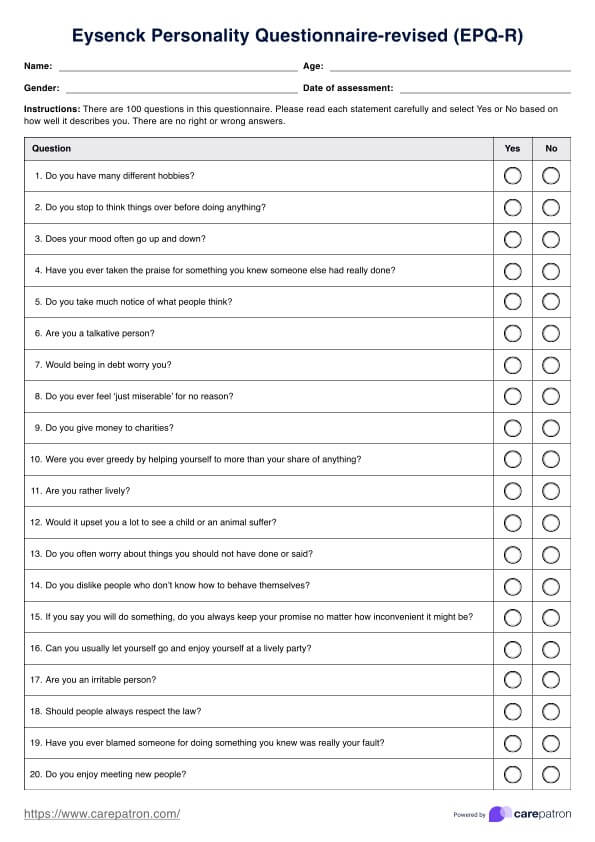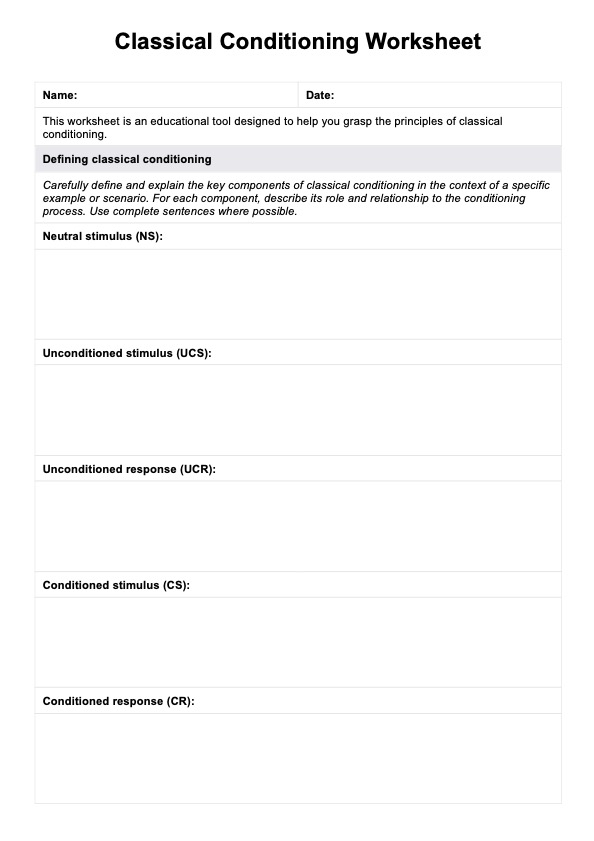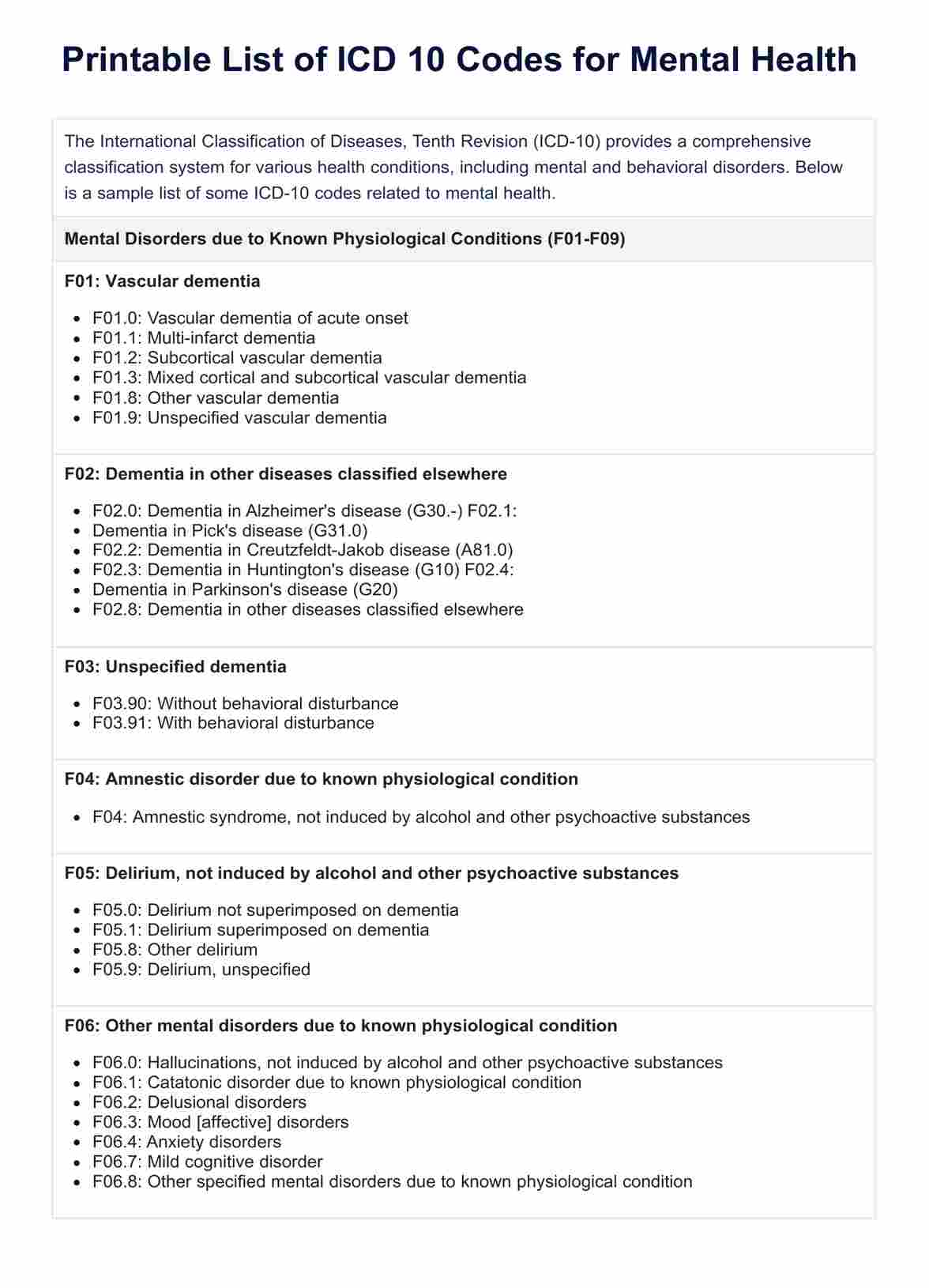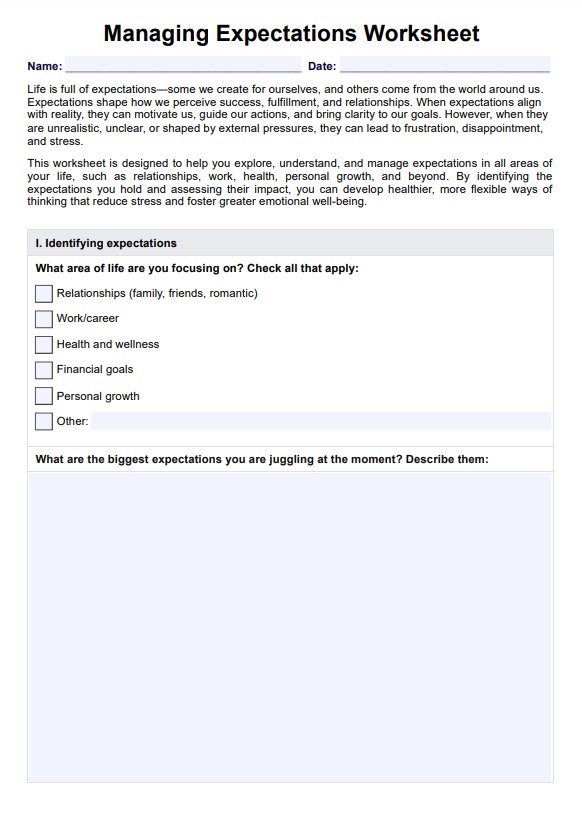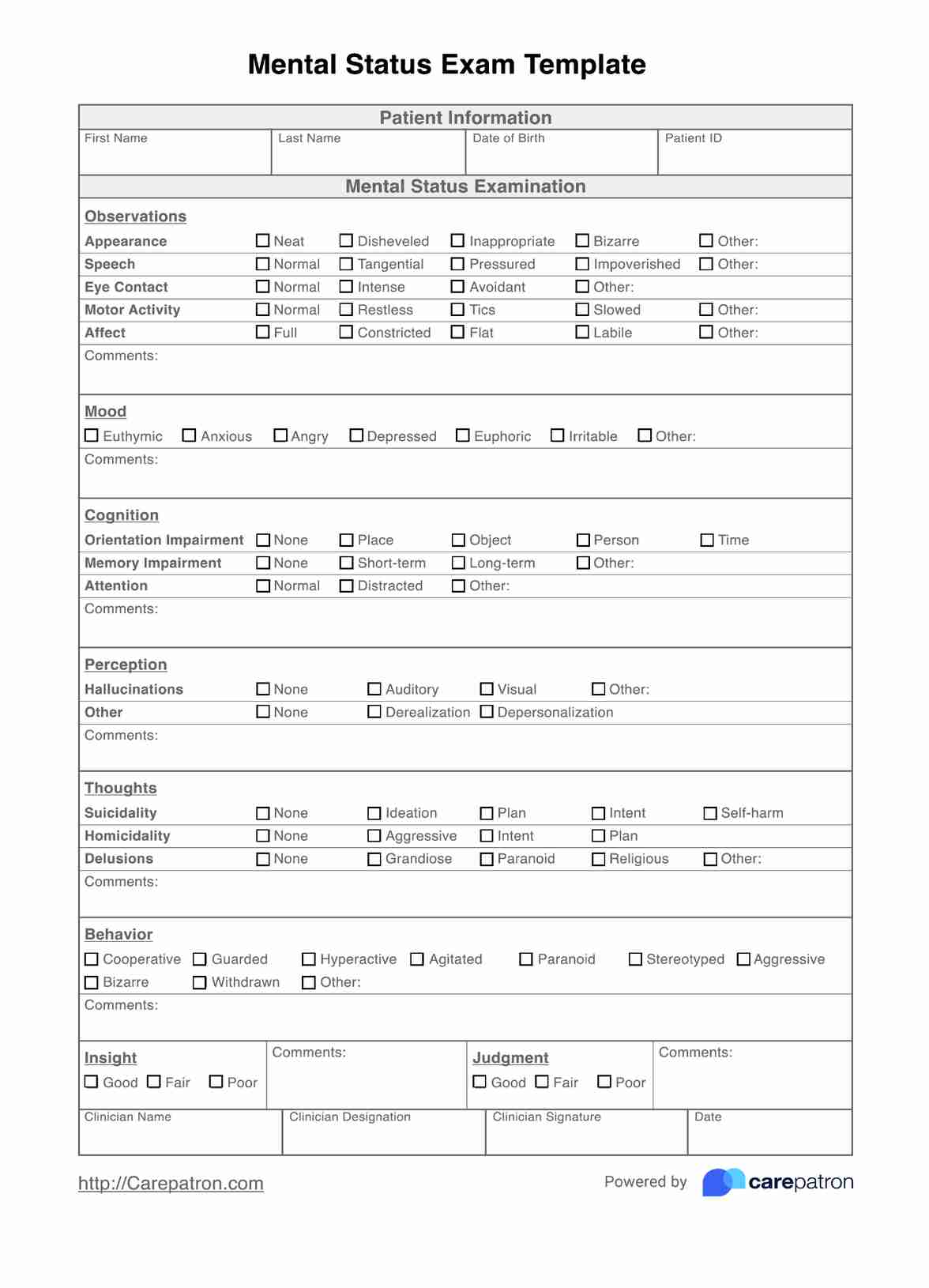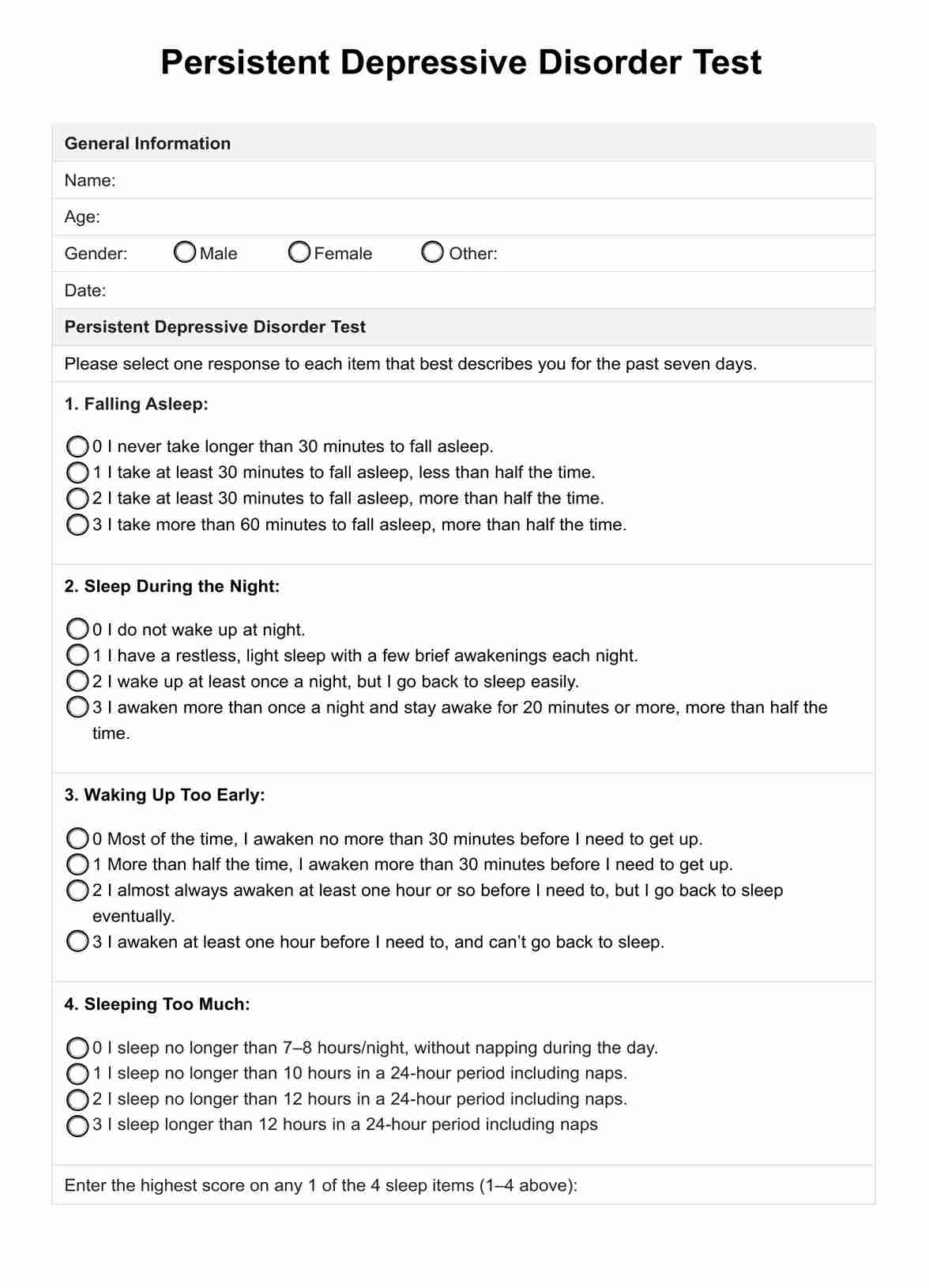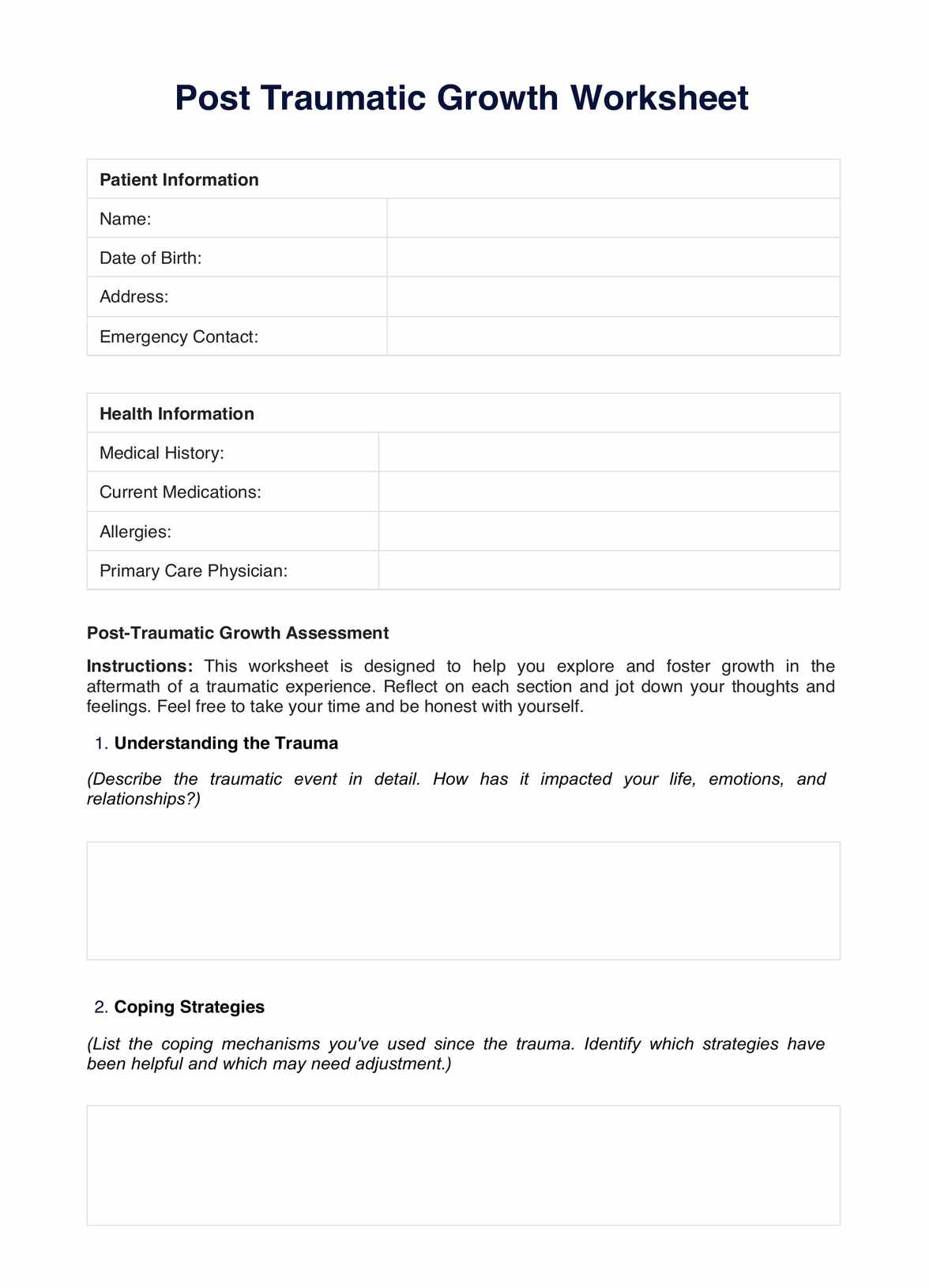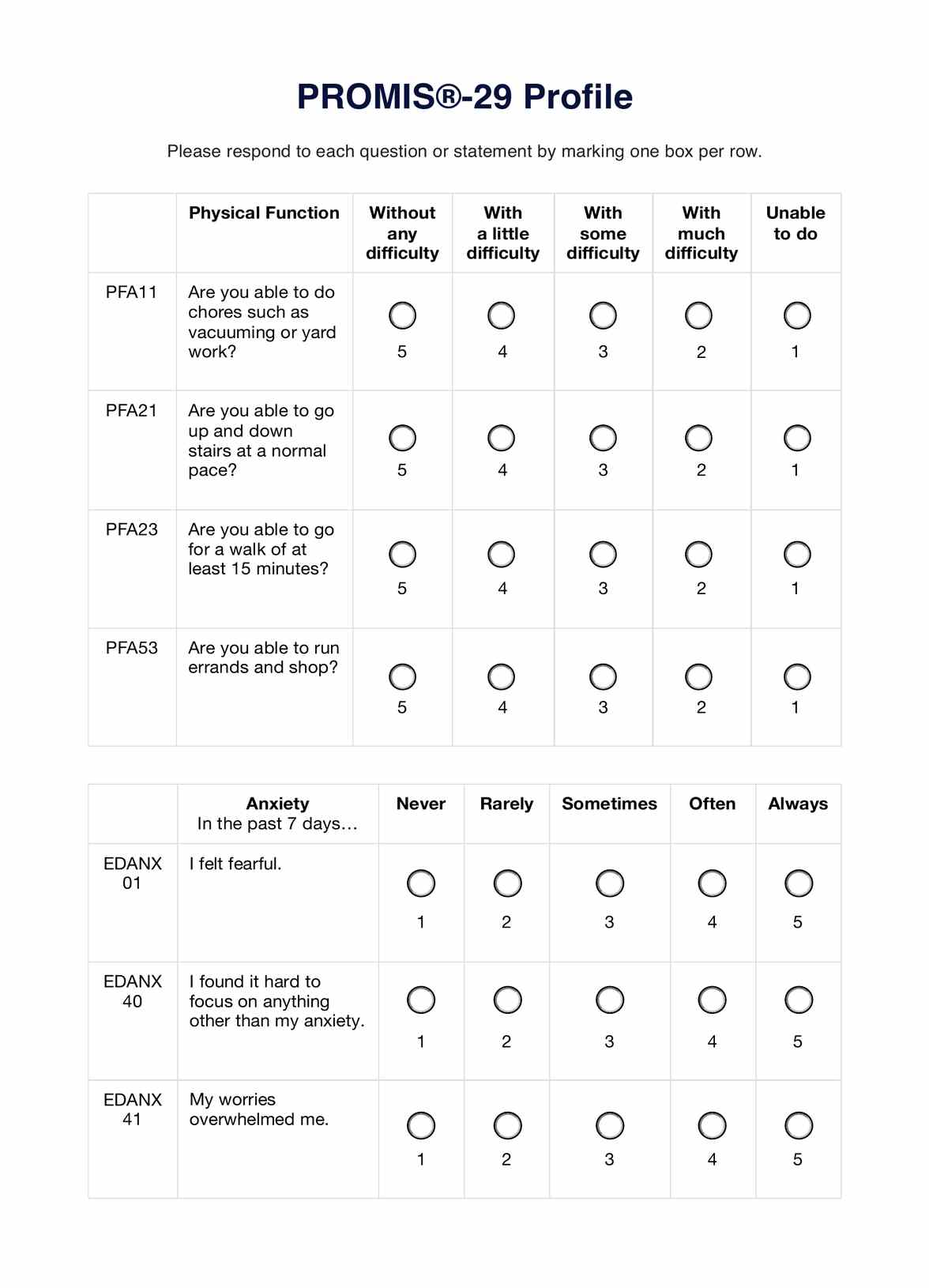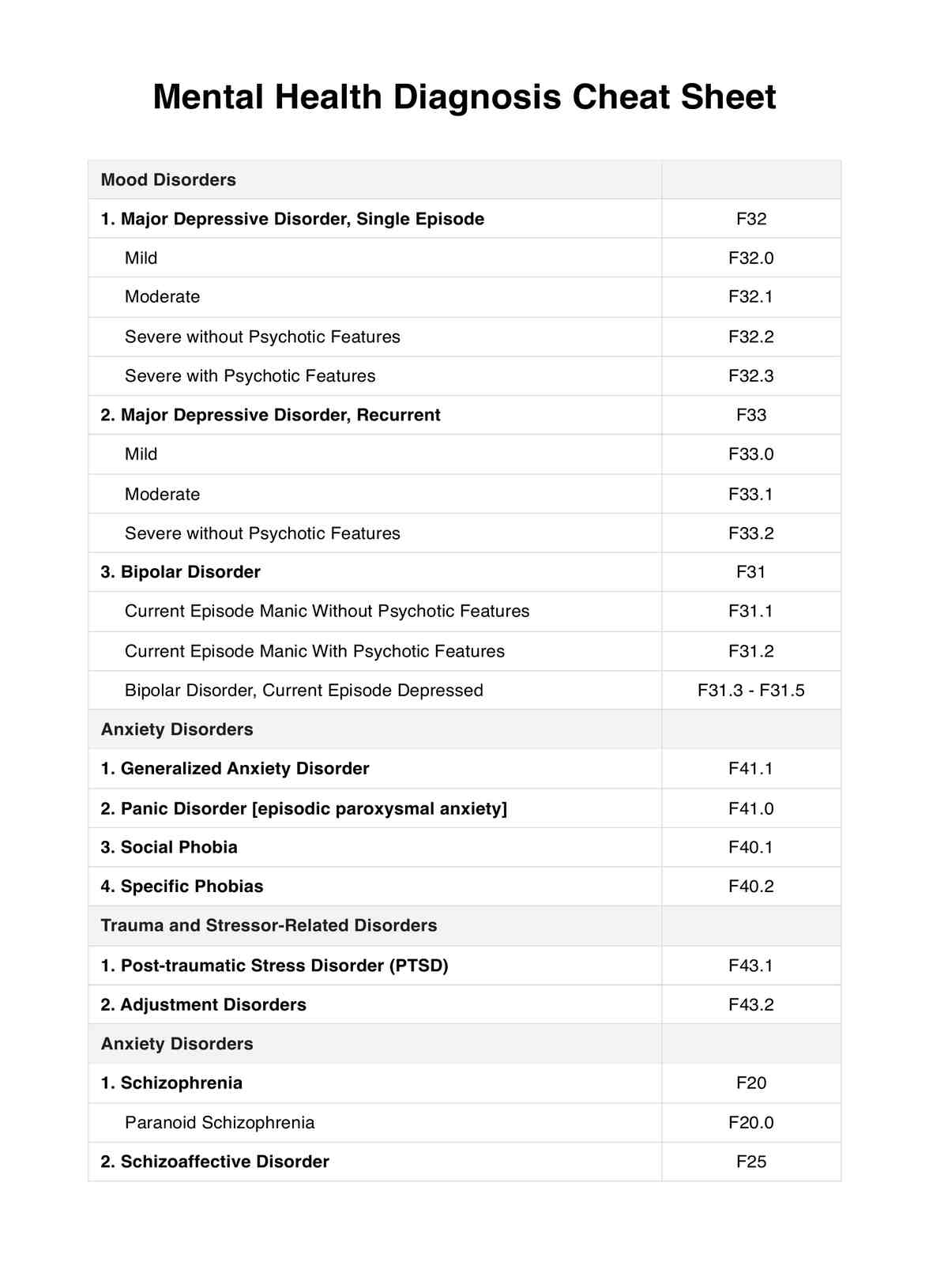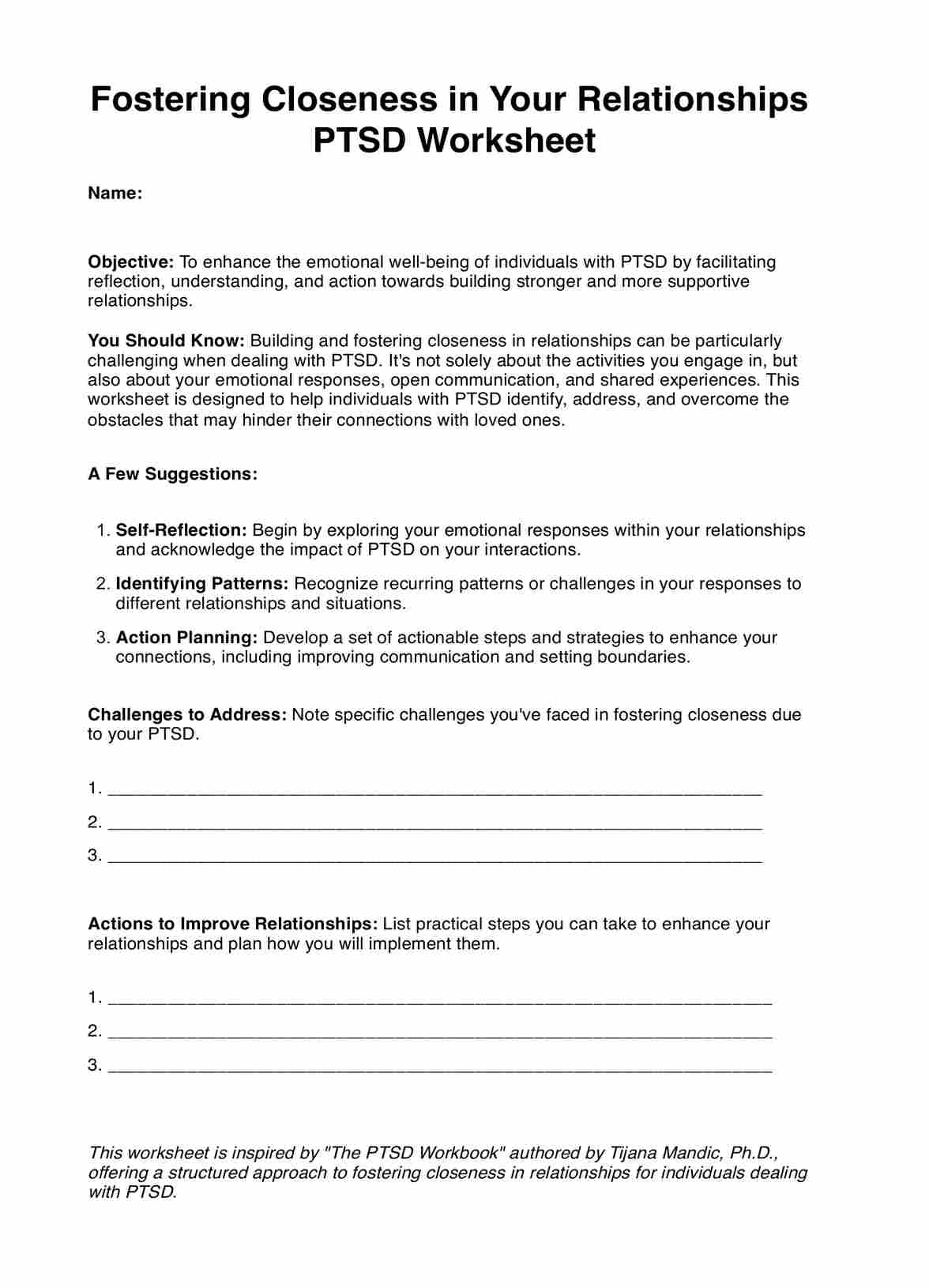Machiavellianism Test
Empower your practice with Machiavellianism Tests. Gain crucial insights into client personality traits for more tailored interventions and strategies.


What is a Machiavellianism Test?
The Machiavellianism Test, often known as the Mach-IV test, is a psychological evaluation tool devised to measure an individual's predisposition towards Machiavellianism. This personality trait is named after Niccolò Machiavelli, a renowned political philosopher from the Renaissance era, and is characterized by manipulative behavior, emotional coldness, and a disregard for morality.
The test consists of 20 statements. Individuals are asked to rate their agreement or disagreement with each statement on a seven-point scale. The responses are then compiled to generate a cumulative score, an index of the individual's Machiavellian tendencies. It's important to note that this test doesn't diagnose any mental health disorders; instead, it provides a lens to view certain aspects of an individual's personality.
Machiavellianism is one of the three components of what psychologists refer to as the "Dark Triad" of personality traits. The other two are narcissism and psychopathy. These traits are often associated with manipulative behavior and lack of empathy, and they're frequently studied in psychology due to their impact on interpersonal relationships and societal behavior.
Understanding these traits can be beneficial in various contexts, from personal relationships to business interactions. For instance, people with high Machiavellianism scores might be more adept at strategic thinking but also engage in deceptive behaviors. Recognizing these traits can help in dealing with such individuals effectively.
In the healthcare sector, tools like the Machiavellianism test are critical. They are incorporated into electronic health record systems, like, to help track and analyze patients' psychological data over time. This aids in the diagnostic process and treatment planning, ensuring that healthcare providers can offer the most appropriate and effective care.
Watch this explainer video on the Machiavellianism test for a more detailed understanding.
Machiavellianism Test Template
Machiavellianism Test Example
How does it work?
The Machiavellianism test, notably the Mach-IV test, is useful for practitioners to gain insights into their clients' personality traits. Here's how a practitioner can administer this test:
Step 1: Providing the Test
As a practitioner, you can provide your client with the test either in a printable format or through an online platform. There are several sources where printable Machiavellianism tests are available.
Step 2: Guiding Through the Statements
The test consists of 20 statements that reflect various attitudes or behaviors related to Machiavellian tendencies. It's essential to ensure your client comprehends each statement before responding. You may need to explain some statements to ensure understanding.
Step 3: Facilitating Response to Each Statement
Once the client understands the statements, they will rate their agreement or disagreement on a seven-point scale. As a practitioner, encourage your clients to be honest and thoughtful in their responses.
Step 4: Scoring the Test
After the client has responded to all the statements, you add the scores to get a cumulative total. A higher score indicates stronger Machiavellian tendencies.
Step 5: Interpreting the Score
The final step involves interpreting the score. Remember, this test does not diagnose any mental health disorders; it provides insights into certain personality traits. Clients with higher scores may exhibit more manipulative behaviors and emotional detachment. Discussing these results with your client and how they might impact their life is crucial.
When would you use this Template?
The Machiavellianism Test is ideally used when there's a need to understand an individual's personality traits, particularly their propensity towards manipulative behavior and emotional detachment. It's crucial to note that this test should not be used for diagnostic purposes but as a tool for gaining insights into an individual's character.
- Assessing Interpersonal Dynamics: The test can be employed when a practitioner wants to gain insight into an individual's interpersonal strategies. This could be particularly useful in therapy or counseling sessions, where understanding client relationship dynamics can inform the therapeutic approach.
- Making Organizational Decisions: In human resources or organizational psychology, the test may be used when assessing an employee's or potential hire's suitability for certain roles, especially those involving teamwork or leadership. Understanding the propensity for Machiavellian behaviors can inform decisions about team placements and conflict resolution strategies.
- Designing Educational Interventions: The test can be used for educators and school psychologists when a student's behavior suggests high Machiavellian tendencies. In such cases, interventions can be designed to encourage more cooperative and ethical behavior.
- Conducting Research: For researchers studying personality traits, the Machiavellianism test can be used when collecting data on personality traits and their correlation with other variables.
- Evaluating Leadership Styles: The test can be used when an organization needs to understand leadership dynamics. Individuals with high Machiavellian tendencies may employ manipulative tactics to achieve their goals, impacting team morale and productivity. This test allows organizations to understand their leaders' styles better and potentially provide coaching or training to promote more ethical and effective leadership practices.
- Assessing Group Dynamics in Social Settings: In social work or community settings, the Machiavellianism Test can be utilized to gain insights into group dynamics. For example, if there's tension or conflict within a group, understanding members' Machiavellian tendencies can help identify potential sources of these issues and inform strategies for resolution.
Benefits
Deepens Understanding of Personality Traits
The Machiavellianism Test provides valuable insights into an individual's personality traits, specifically their tendencies towards manipulation and emotional detachment. This deeper understanding can inform various strategies in therapy, education, or the workplace.
Informs Decision-Making in Organizational Settings
This test can guide decision-making processes for human resources professionals and organizational psychologists. It can help assess suitability for certain roles, manage team dynamics, and develop effective leadership training programs.
Supports Therapeutic Interventions
Understanding a client's Machiavellian tendencies in clinical psychology and counseling can inform therapeutic approaches. Tailored interventions can be developed to address these traits, promoting healthier interpersonal relationships.
Enhances Educational Strategies
For educators and school psychologists, insights from the Machiavellianism Test can enhance educational strategies. If a student shows high Machiavellian tendencies, interventions can be designed to encourage empathy, cooperation, and ethical behavior.
Facilitates Research in Personality Psychology
Researchers studying personality traits find the Machiavellianism Test a valuable tool for data collection. It allows them to explore correlations between Machiavellianism and other variables, advancing our understanding of this complex trait.
Provides Free Access to a Valuable Tool
As a free resource, the Machiavellianism Test is accessible to anyone interested in exploring personality traits, making it a useful tool for professionals in various fields and individuals seeking self-understanding.
Research & Evidence
Social psychologists Richard Christie and Florence Geis developed the Machiavellianism Test, specifically the Mach-IV test, in the early 1970s. Inspired by the political philosophy of Niccolo Machiavelli, they sought to create a tool that could measure an individual's propensity towards manipulative behavior, emotional detachment, and personal gain - traits they associated with Machiavellianism.
Christie and Geis conducted several studies validating their test, showing that individuals who scored high on the Mach-IV test were likelier to engage in manipulative behaviors and had a cynical view of human nature. Their research also indicated that these individuals were often emotionally detached and primarily focused on their interests.
Since then, numerous studies have used the Machiavellianism Test to explore various aspects of personality and behavior. For example, research has shown correlations between high Machiavellian scores and certain workplace behaviors, such as ethical decision-making and leadership styles. Other studies have explored the relationship between Machiavellianism and academic performance, suggesting that students with high Machiavellianism scores might employ more strategic and less ethical approaches to achieve academic success.
The test has been used in clinical settings to explore the relationship between Machiavellianism and mental health disorders. While the test is not diagnostic, findings suggest that individuals with high Machiavellianism scores may be at greater risk for certain disorders, underscoring the importance of considering these traits in therapeutic interventions.
References
- 3 minute machiavellianism test. (n.d.). IDRlabs. https://www.idrlabs.com/3-minute-machiavellianism/test.php
- Dark Triad Personality Test. (n.d.). https://openpsychometrics.org/tests/SD3/
- Gupta, S. (2023). Machiavellian personality traits. Verywell Mind. https://www.verywellmind.com/machiavellianism-origins-signs-scale-and-coping-7377514
- MACH-IV: Machiavellianism Test. (n.d.). https://openpsychometrics.org/tests/MACH-IV/
- Marie, S. (2021, October 7). All about machiavellianism. Psych Central. https://psychcentral.com/lib/machiavellianism-cognition-and-emotion-understanding-how-the-machiavellian-thinks-feels-and-thrives
- mindbodygreen. (2023, March 7). This Dark Personality Type Is A Master Manipulator: 6 Signs You’ve Met One. Mindbodygreen. https://www.mindbodygreen.com/articles/machiavellianism
- Rethink, A. C. (2023). How Machiavellian Are You On A Scale From 1-100? A Conscious Rethink. https://www.aconsciousrethink.com/6299/machiavellian-scale-test/
- ᐉ Machiavellianism Personality Scale - Determine your level of machiavellianism online. (n.d.). https://psycho-tests.com/test/machiavellianism-scale
Commonly asked questions
The Machiavellianism Test is primarily used by psychologists and researchers to measure an individual's Machiavellian tendencies. It can also be used by HR professionals for personnel assessment or by educators to understand student behavior.
The Machiavellianism Test can be used when assessing an individual's propensity for manipulation, emotional detachment, and self-interest. It's often used in research settings, personnel selection processes, or educational contexts to gain insights into behavior.
The Machiavellianism Test is a questionnaire that individuals fill out. The responses are then scored and interpreted to determine the individual's level of Machiavellianism. The results can provide valuable insights into an individual's personality traits and potential behaviors.


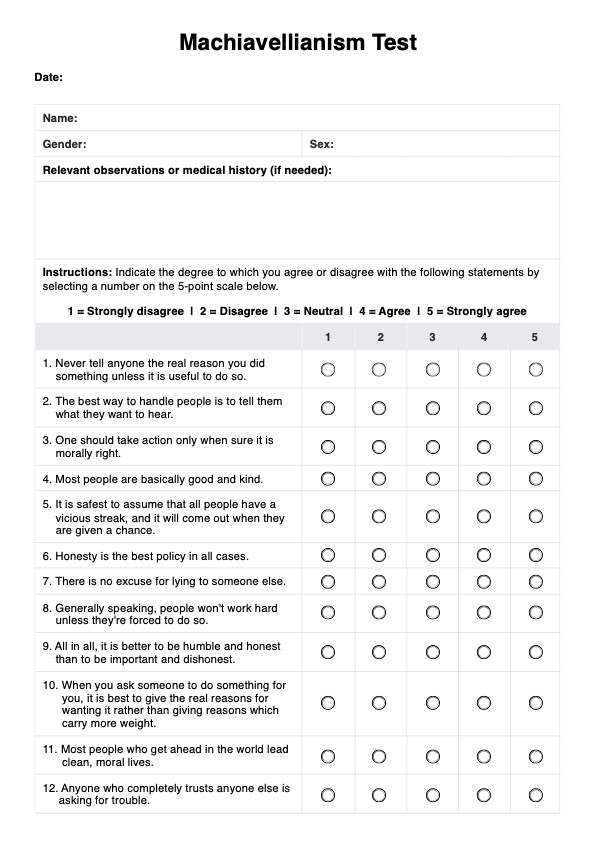
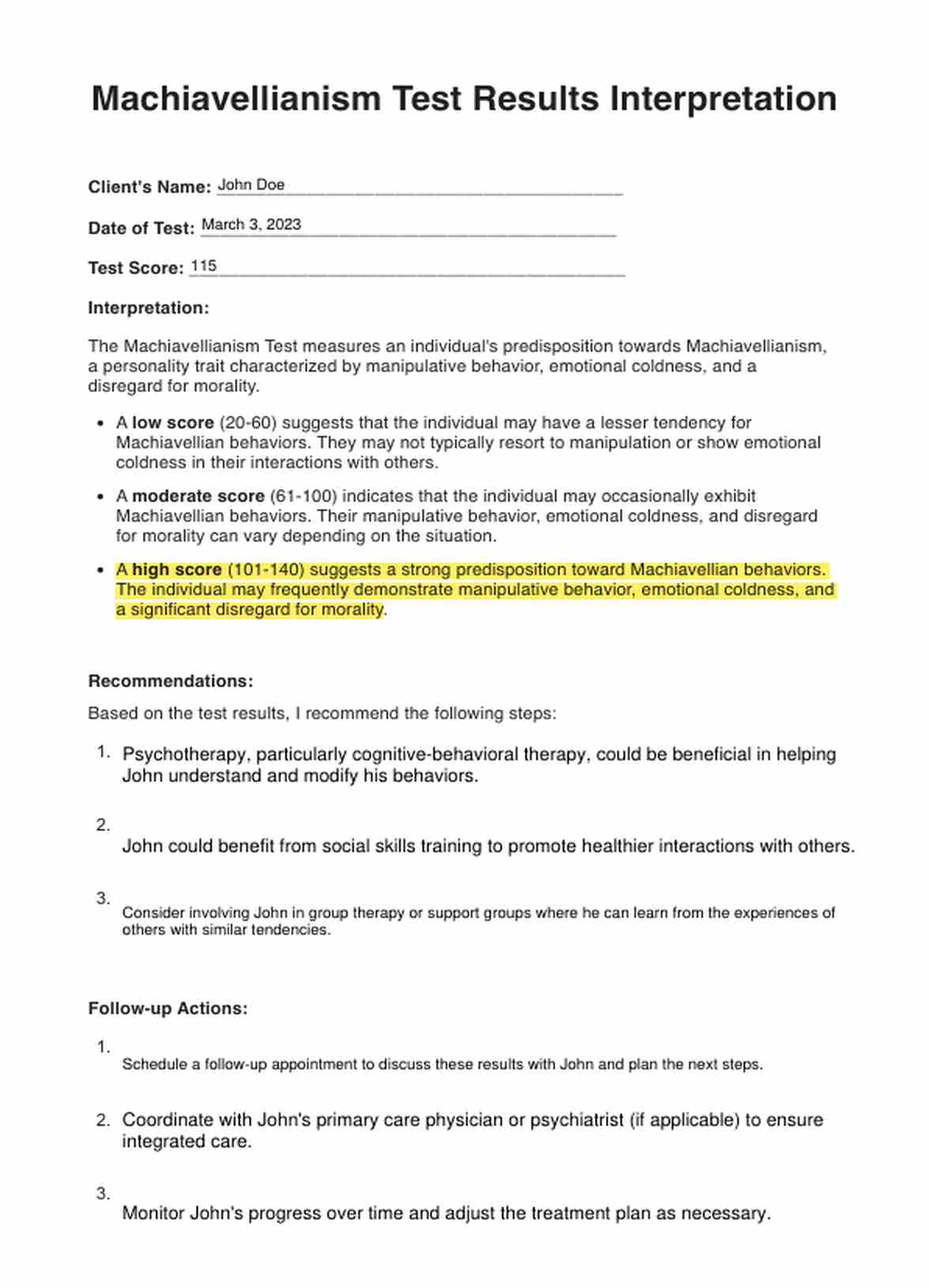

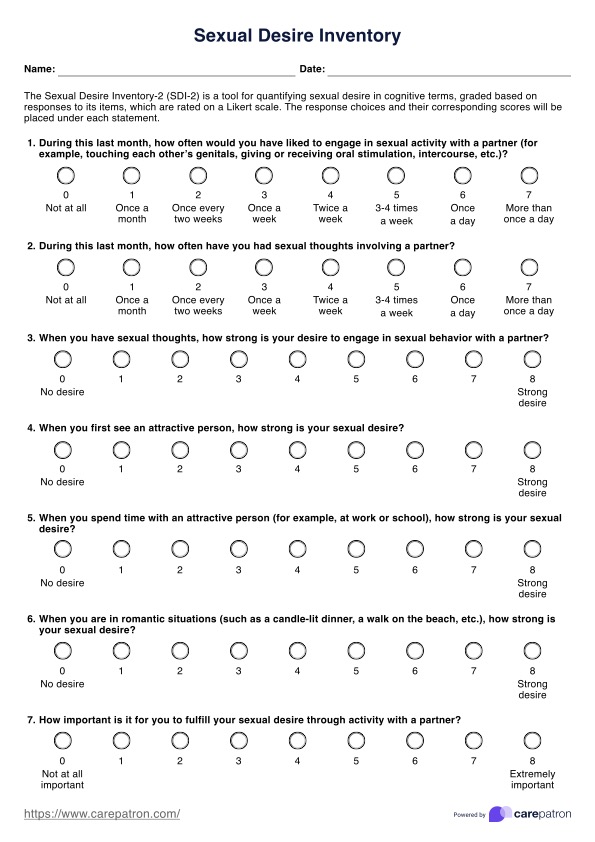
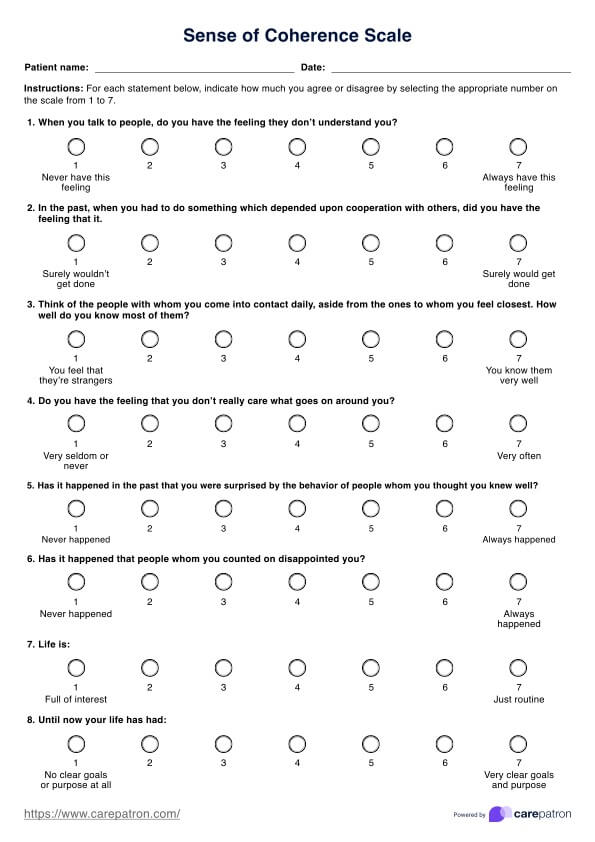










-template.jpg)


















































































